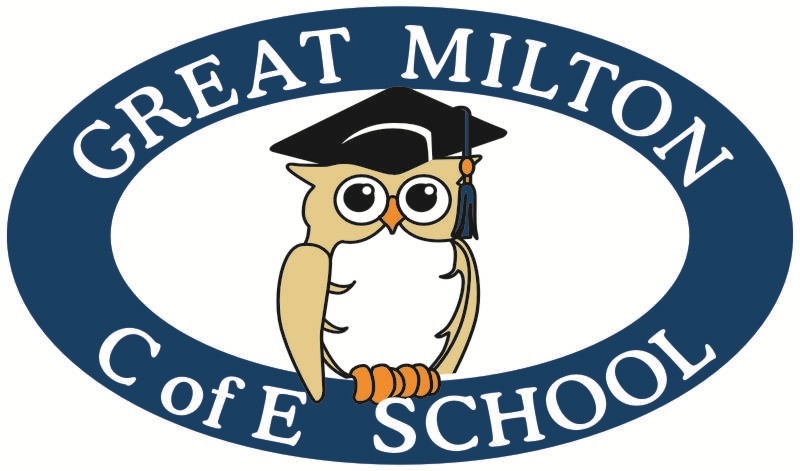RE
‘Let all that you do be done in love’
1 Corinthians 16:14
In our school, we believe RE should be of the highest standard, and approached through our vision.
RE makes a huge contribution to the social, cultural, moral and spiritual dimension of school life, promoting a Christian ethos, shared values, understanding and knowledge of other world faiths and an inclusive environment where all, of any faith or race, are valued and appreciated.
In our school we believe RE should help pupils to:
- think theologically and explore the great questions of life and death, meaning and purpose
- reflect critically on the truth claims of Christian belief
- see how the truth of Christianity is relevant today and face the challenge of Jesus’ teaching in a pluralist and post modern society
- develop the skills to handle the Bible text
- recognise that faith is not based on a positive balance of probabilities but on commitment to a particular way of understanding God and the world
- respond in terms of beliefs, commitments and ways of living
- develop a sense of themselves as significant, unique and precious
- experience the breadth and variety of the Christian community
- engage in thoughtful dialogue with other faiths and traditions
- become active citizens, serving their neighbour
- find a reason for hope in a troubled world
- understand how religious faith can sustain them in difficult circumstances and in the face of opposition.
- Support and encourage individual reflection.
RE should equip pupils to recognise the common search of all humanity, for ultimate truth and relationship with the divine. It is entirely appropriate and necessary in today’s world, therefore, that respect for the great world faiths is fostered in RE in our Church School. This respect must be based on an accurate and sympathetic understanding of the other faiths which is consistent with the school’s loyalty to its Christian foundation.
Therefore RE in Church Schools should also help pupils to:
- learn about other faiths, their beliefs, traditions and practice and from them through encounter and dialogue
- recognise and respect those of all faiths in their search for God
- recognise areas of common belief and practice between different faiths
- enrich and expand their understanding of truth while remaining faithful to their own tradition
- enrich their own faith through examples of holy living in other traditions
- recognise the common human quest for justice, peace and love and the common goal of the survival of life on this planet.
As a Voluntary Controlled School, we are required by law (unless parents request otherwise) to provide RE in accordance with the Locally Agreed Syllabus. The syllabus can be found here:
http://www.oxford.anglican.org/wp-content/uploads/2015/06/Oxford-Agreed-RE-Syllabus-2015- 2020.pdf. We supplement the Oxfordshire syllabus to ensure high quality provision geared towards the needs of the children and our cross-curricular map.
Religious Education has the same status and importance as any other subject. Learning about Christianity forms the majority of the syllabus, but other world faiths such as Judaism, Islam and Hinduism are also taught. In addition, the children learn about festivals in other cultures, for example, Chinese New Year.
It is essential that the RE curriculum maintains a balanced approach of Learning about Religion (Attainment Target 1) and Learning from Religion (Attainment Target 2). Teachers incorporate these strands into planning and teaching the units of study at each key stage through a model of teaching built around Engage, Enquire, Evaluate and Reflect.
Learning about Religion
This includes enquiry into and investigation of the nature of religion, its beliefs, teachings and ways of life, sources, practices and forms of expression. It includes the skills of interpretation, analysis and explanation and includes identifying and developing an understanding of ultimate questions and ethical issues. Pupils will develop knowledge and understanding of Christianity and the other principal religions represented in Great Britain.
Learning from Religion
This is concerned with developing pupils’ reflection on and response to their own and others’ experiences in the light of their learning about religion. It develops pupils’ skills of application, interpretation and evaluation of what they learn about religion. Pupils learn to develop and communicate their own ideas, particularly in relation to questions of identity and belonging, meaning, purpose and truth, values and commitments.
